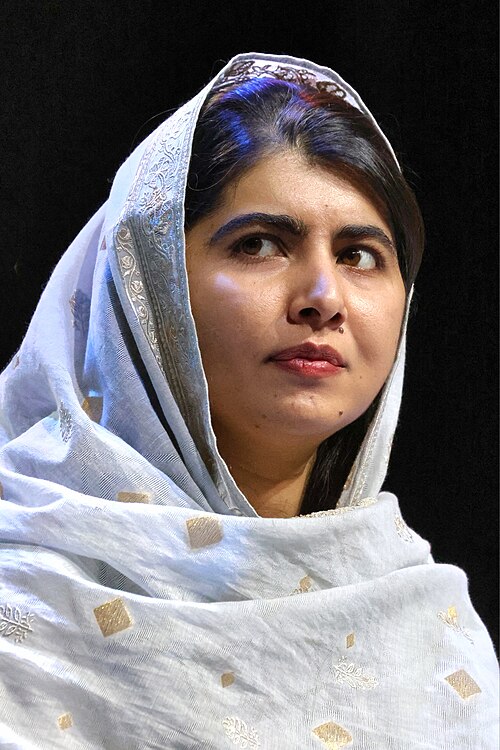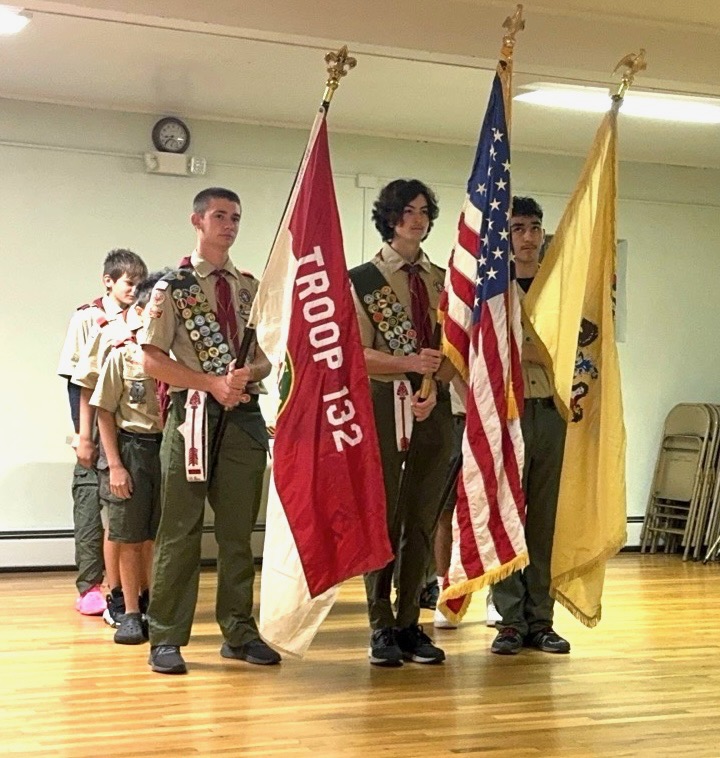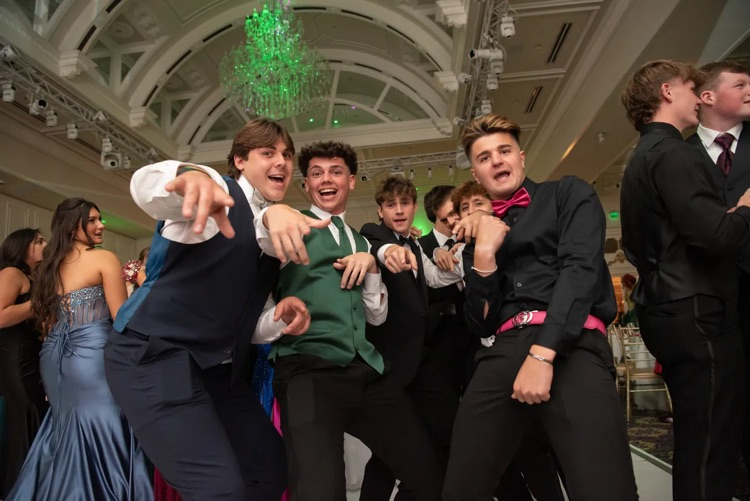Every March we celebrate Women’s History Month. This celebration is to celebrate the improvement and the sacrifices women have made over the years for our freedoms.
Women’s History Month began in February 1980 when Jimmy Carter issued a statement asking to recognize women. In his speech Carter said, “Understanding the true history of our country will help us to comprehend the need for full equality under the law for all our people.” Then, Carter officially made March 7 the official start to Women’s History Week.
Impactful Woman

By flowcomm (CC BY 2.0)
Harriet Tubman: Tubman made a great impact in life for all women as she fought for the rights of African American women, freed over 70 slaves from Maryland while also assisting 50-60 others. She was an instrumental figure in running the Underground Railroad. She is one of the many famous faces in the Civil War. In “American Battlefield Trust” it says, “Tubman offered her services to the Union Army, and in early 1862, she went to South Carolina to provide badly needed nursing care for black soldiers and newly liberated slaves.” After the war she continued to fight for women’s suffrage and remains one of the most influential women in history.
Eleanor Roosevelt: Roosevelt was the 32nd First Lady of the United States, while also being called the First Lady of the World. Roosevelt participated in many things. According to the FDR Presidential Library and Museum, “She Participated in the League of Women Voters, joined the Women’s Trade Union League, and worked for the Women’s Division of the New York State Democratic Committee.” Roosevelt traveled around the nation visiting relief projects, looking at living conditions, and then reporting to the president.
Malala Yousafzai: Yousafzai is a Pakistan activist. After being shot in the face by the Taliban for attending school as a female, Yousafzai fought for equal education for all, ensuring every girl gets 12 years of free education. On Malala.org it talks about how Yousfazai “received the Nobel Peace Prize in December 2014 and became the youngest-ever Nobel laureate.” Malala will be known as a fighter for education for all.
Women’s Fights for Rights
The process to secure women’s suffrage in the United States was long and difficult, as it took a century to achieve this. This protest started in the 1800s, but it took them decades to change the unfair ways. All those fighting for women’s rights to vote finally led to the ratification of the 19th Amendment, which allowed women to legally vote in the elections. In 1920, after over a century of protests, over 8 million women voted in the 1920 election. Many women didn’t get the right to vote until late into the 20th Century over their state laws, but the fight was worth it.
The National Archives says, “Some pursued a strategy of passing suffrage acts in each state—nine western states adopted women suffrage legislation by 1912. Others challenged male-only voting laws in the courts.”
Even in the 21st Century there are still current issues that women face in their everyday lives, including reproductive health, economic empowerment, and gender pay gap. The United Nations reports, “Noting that today, 50 countries continue to have nationality laws that contain gender-discriminatory provisions and women are denied the right to confer nationality on their children on an equal basis with men in 24 of those countries.”
Even today, as women are fighting for equality throughout the country and the world, March is a time to celebrate all they have accomplished. March is a month to celebrate other women who have fought for women’s freedoms, celebrating mothers who have made many sacrifices for their children, and also to celebrate yourself.









